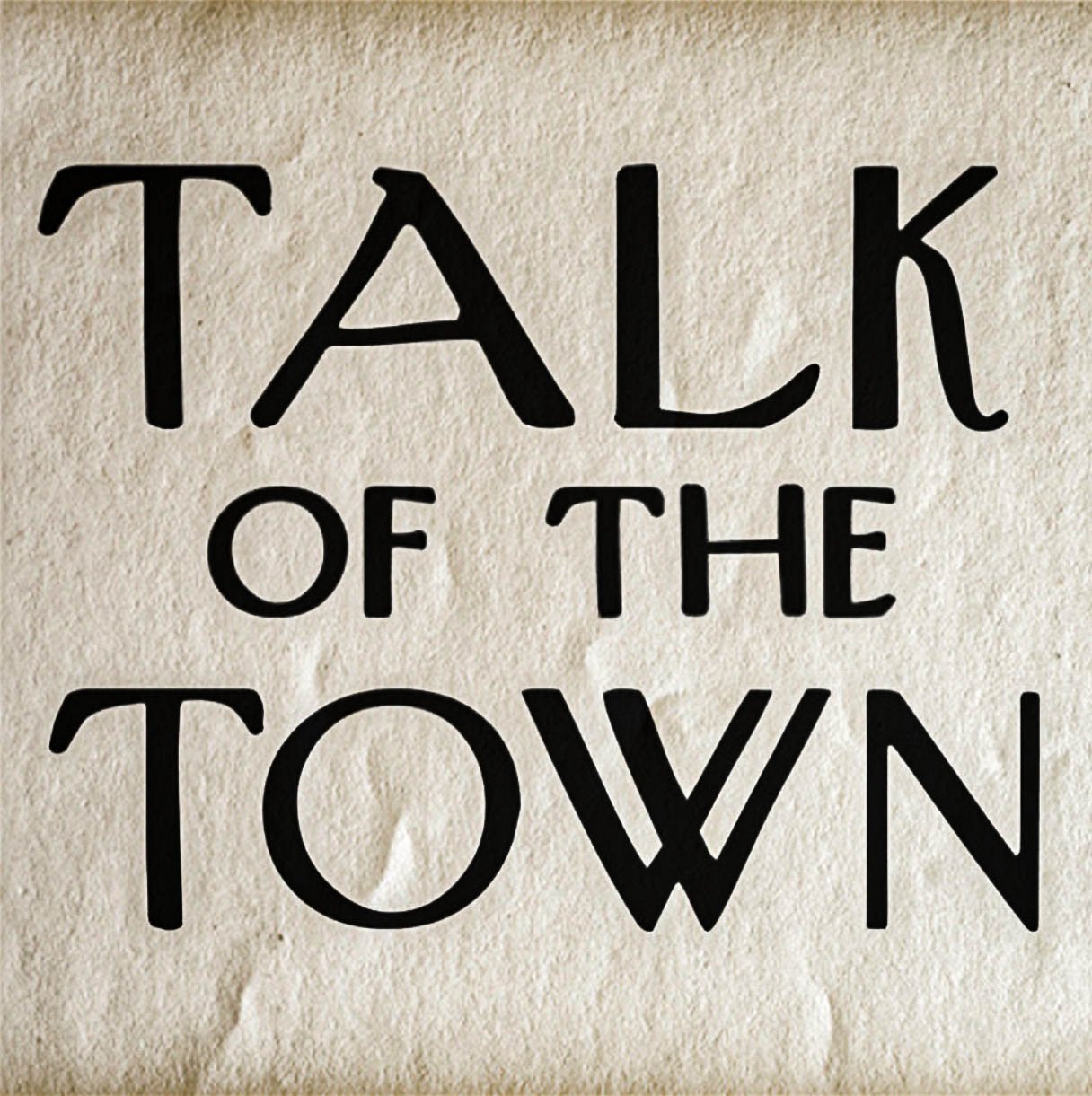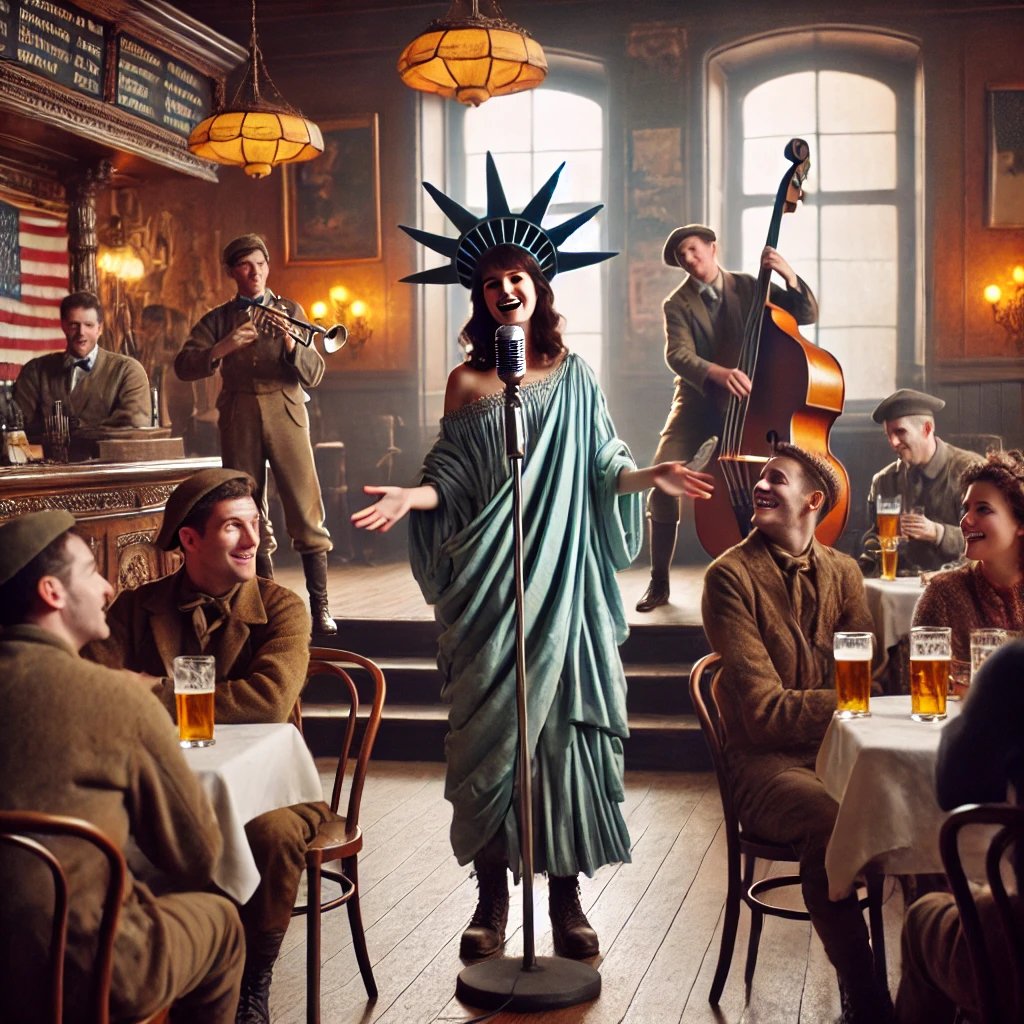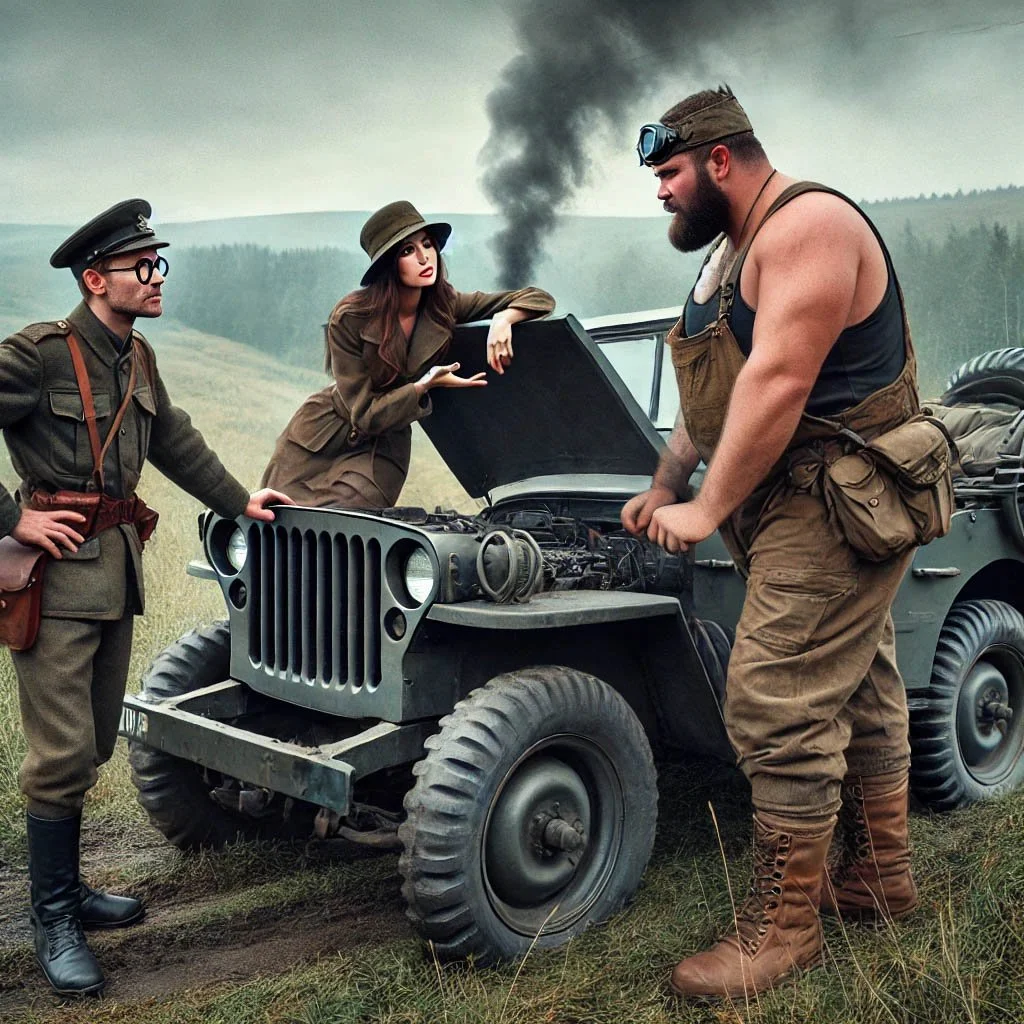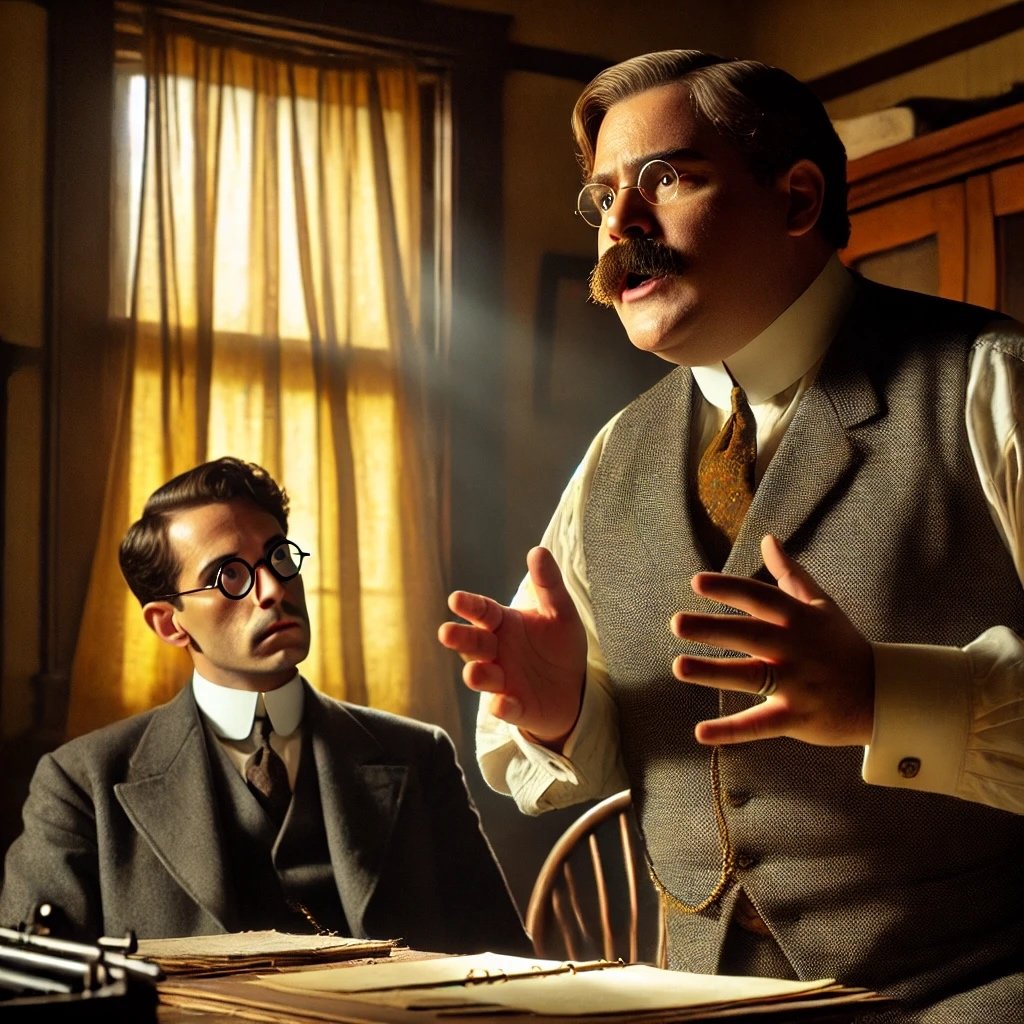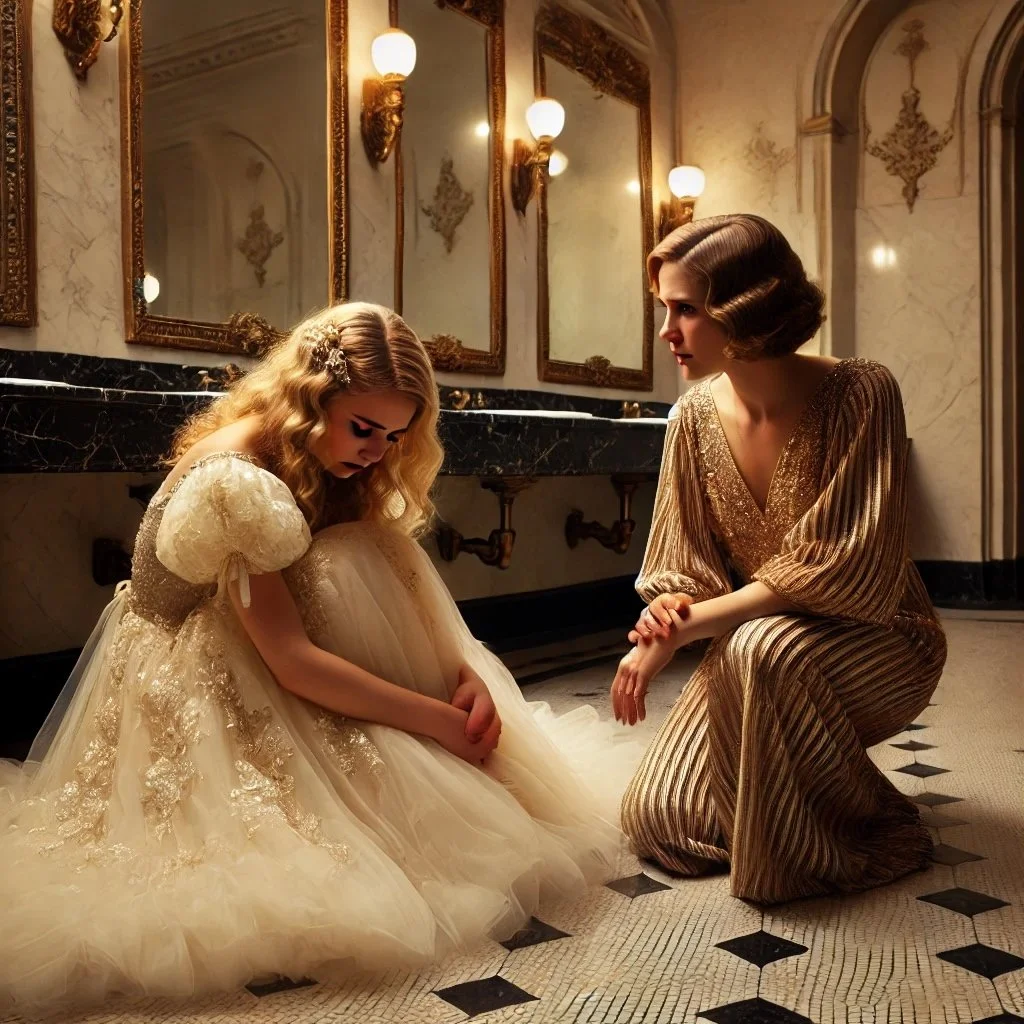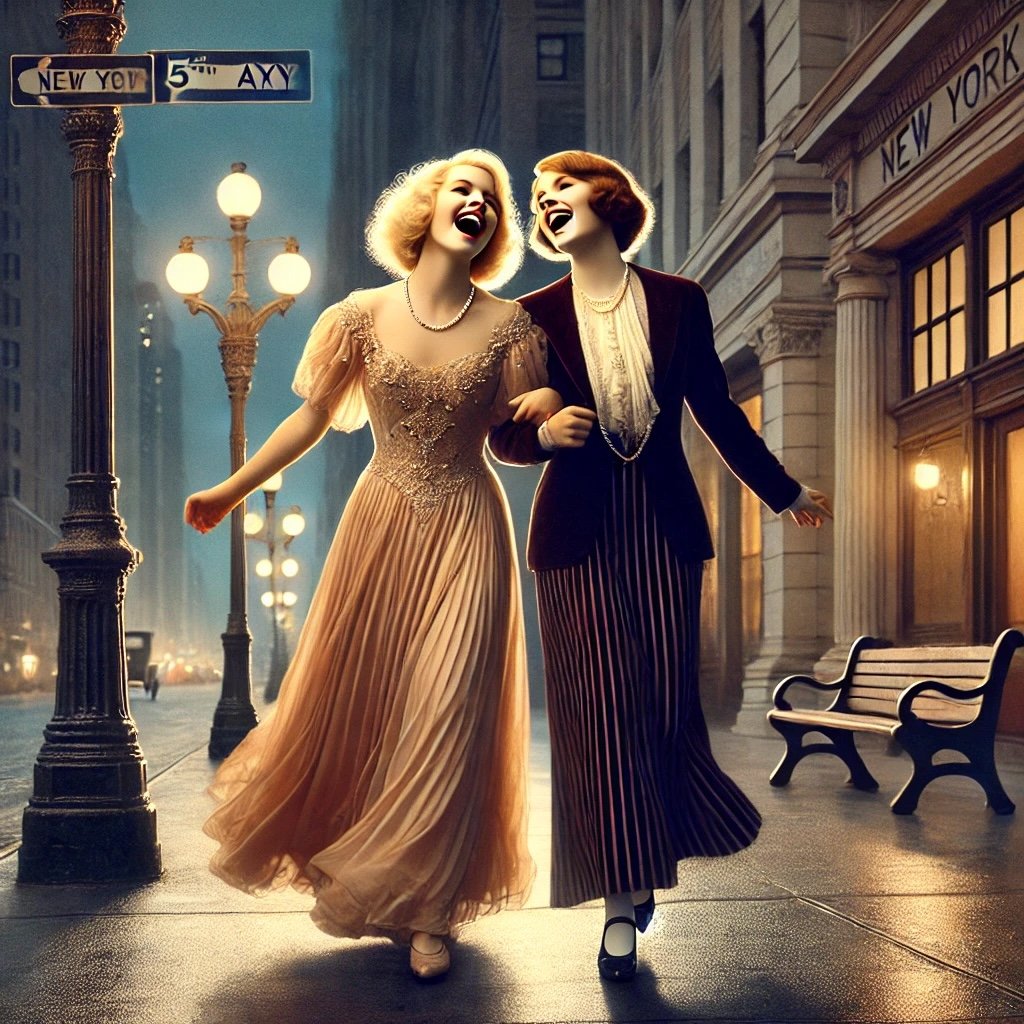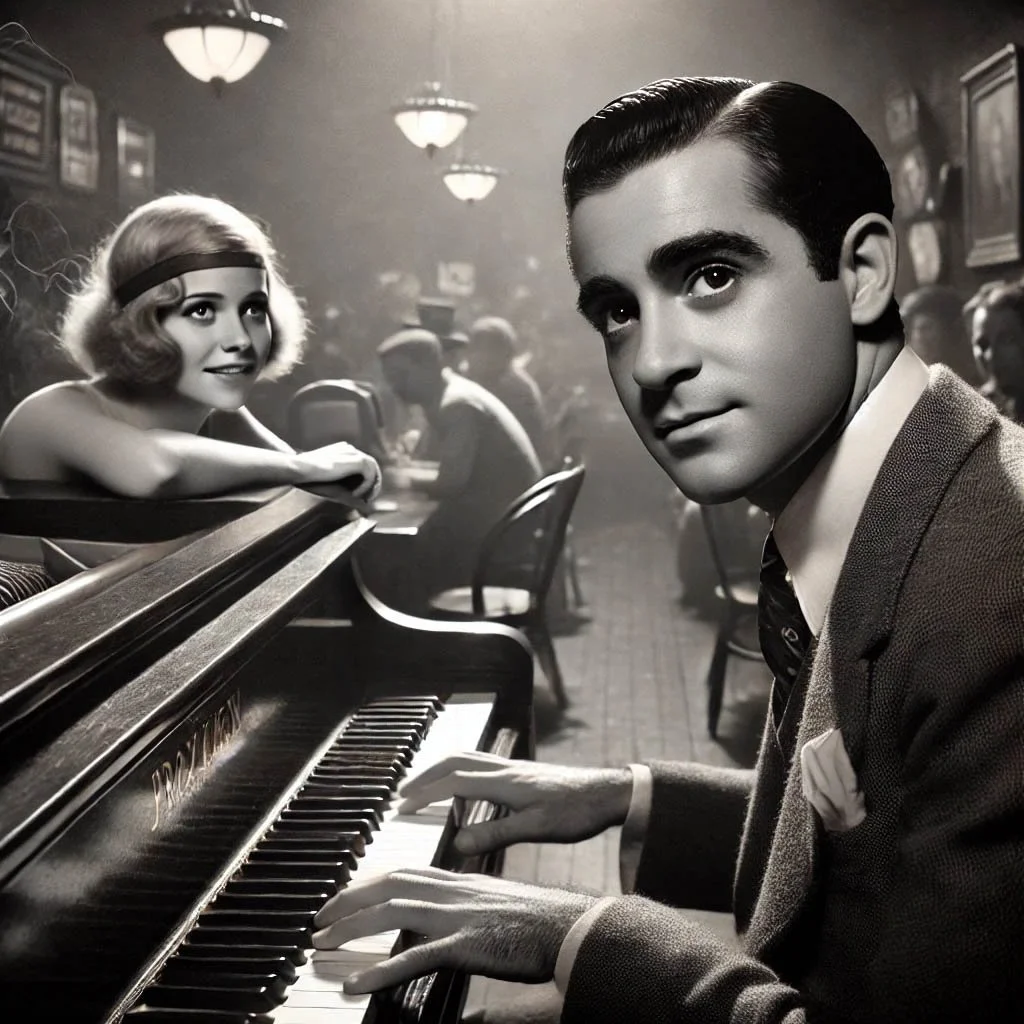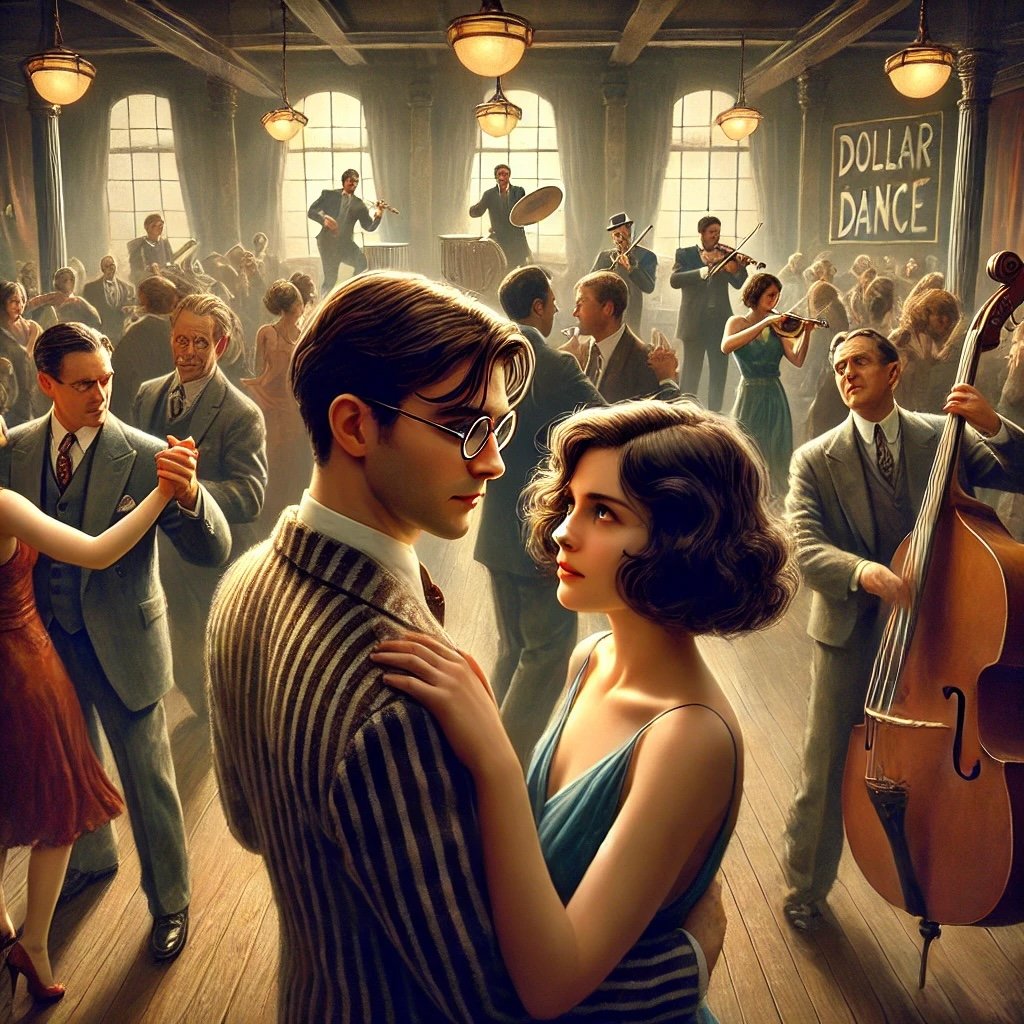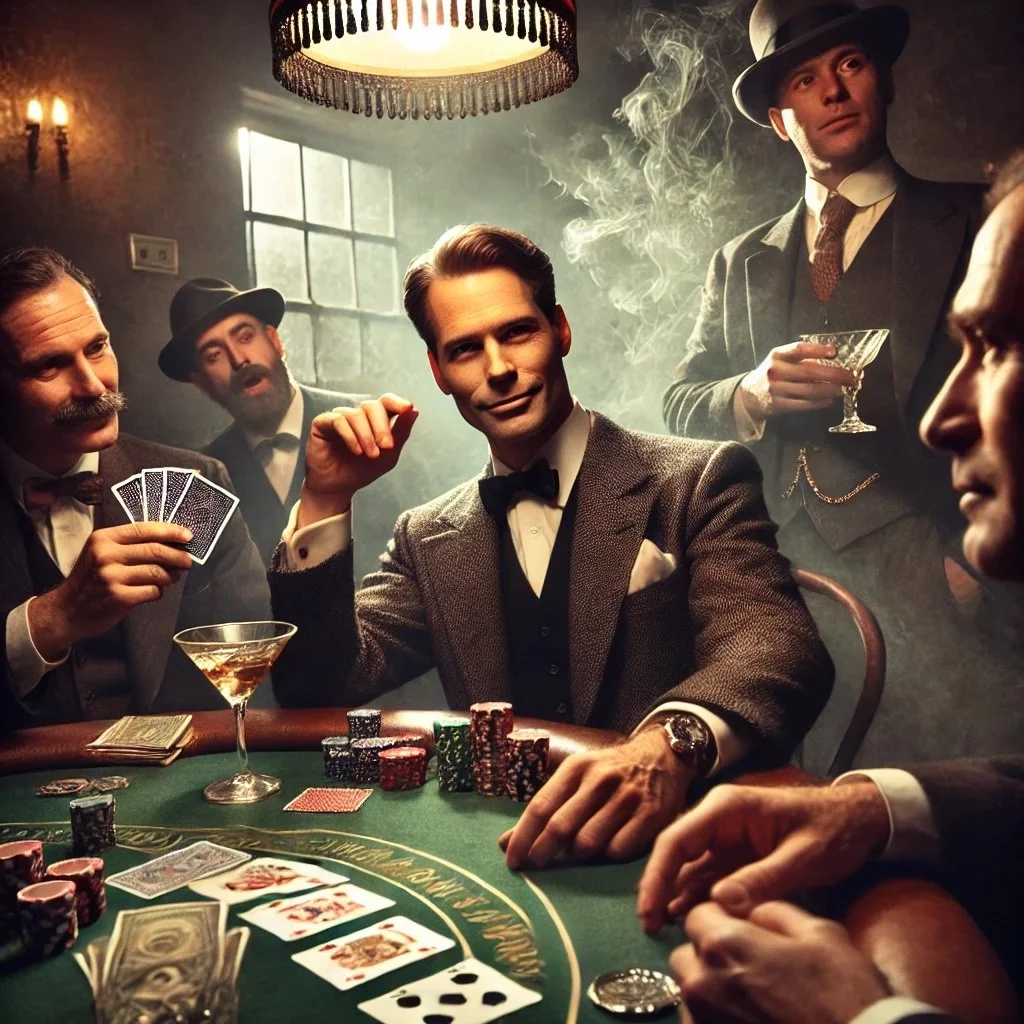Talk of the Town
BOOK BY ANDREW BENTLEY AND EVE POTTS
MUSIC AND LYRICS BY JEFFREY STOCK
Talk of the Town - a new musical inspired by the love story that led to the founding of The New Yorker Magazine. Harold Ross, the eventual founder and editor of the legendary magazine, met Jane Grant — his wife-to-be — in France during World War I. They later teamed up in New York City during the Roaring Twenties, joining forces with such literary lights as E.B. White, Dorothy Parker, Alexander Woollcott and James Thurber. In this year of the centennial anniversary of the magazine, we look back at how it all began.
LISTEN
This musical is inspired by the love story that launched The New Yorker Magazine. We begin in Denver, Colorado in 1917 with a young Harold Ross, a fledging journalist who is tired of writing obituaries for the local paper and wants to find adventure covering World War I. We see him with his editor in the office, with an army recruitment officer on the street, with a fellow doughboy in a trench in France, and finally with Alexander Woollcott in the Paris office of the Stars & Stripes newspaper.
It’s Paris and World War I is drawing to a close. Jane Grant is a YMCA entertainer rehearsing her song and dance number with Alexander Woollcott and the guys at the Stars and Stripes office. The topic: France, freedom, America and strong modern women. Put it all together and you get “The Statue of Liberty Is a Dame.”
Harold Ross is covering a war story for the Stars and Stripes newspaper in France, with Jane by his side. Their car breaks down and Ross is useless at fixing it, so the hunky soldier they are interviewing lends a hand. This becomes a point of contention, as Jane teases Ross with the idea that a strong man makes a better partner than a clever man. Their theories collide in a contrapuntal duet.
After the war, Ross moves in with Woollcott in New York, in hopes of getting closer to Jane. Woollcott is working at the Times and suggests Ross might apply for a job there, but after a mock interview, they both realize that Ross lacks the background and the polish to land the job. Instead, they hatch the notion of starting a new venture in which Ross’s innate talents can shine.
It’s 1921 and Ellin Mackay is hiding in the ladies’ room of the Ritz-Carlton Hotel, crying. She is the 19-year-old daughter of wealthy financier Clarence Mackay and has just been crowned Debutante of the Year. But Ellin doesn’t fit in with the high society types. If it weren’t for her controlling father, she would try to escape that world. Jane is covering the event for the Times and consoles Ellin.
Ellin bonds with Jane and wants a glimpse into her world of writers, artists and eccentrics, which she feels is closer to true New York glamor than anything found at a Debutante Ball.
The legendary songwriter Irving Berlin played a real-life role in this story. The Russian-American musician met the Irish-American heiress Ellin Mackay in New York in 1922. They fell in love despite the age gap and the cultural divide. When Irving uses a Jewish expression to congratulate Ellin on her success as a high society debutante, she is not sure what he means. Irving gently explains.
Ross tracks down Jane moonlighting at a dance hall. He wants to take her away from this dollar-a-dance side hustle, but she won’t hear it. She enjoys her independence and continues to dance with paying customers while Ross tries in vain to cut in. Ross takes partners of his own as he tries awkwardly to pitch her his idea of a new magazine about New York. When he finally manages to grab a dance with her, they find there is a frisson of attraction between them, despite Jane’s ambivalence.
Raoul Fleishmann, the bread and yeast magnate, becomes the principal investor in The New Yorker Magazine. His wife Ruth was hoping that getting involved in publishing would keep him away from his gambling habit. But when the magazine business takes a turn for the worse, he seeks refuge in poker, where he feels in his element.
After a long courtship, Jane surprises Ross with a marriage proposal. When Alexander Woollcott, now working as a theater critic, hears that they plan to have a mundane ceremony at city hall, he intervenes with a better plan. This song is a montage that takes place in three locations: Woollcott’s New York Times office, Tiffany’s on Fifth Avenue, and in the Church Around the Corner on East 29th Street.
The magazine is failing to catch on and Ross is increasingly frustrated with Fleischmann’s attempts to meddle in editorial decisions. Ross gets the idea to buy back control of the magazine from Fleischmann by winning enough money in a poker game. This backfires as Ross is railroaded by three slick players who end up taking $30,000 from him, as well as his wedding ring.
Ross’s drinking and gambling have gotten out of control and his marriage to Jane is on a slippery slope. Woollcott hosts a party that Ross promised to attend, but he is too distracted by the problems with the magazine, and he forgets. By the time he arrives, Woollcott has gone to bed, all their friends have gone home, and only Jane waits for him, alone. In this song, Ross finally wakes up to the consequences his behavior has had on their relationship. He sees what he has put Jane through and is filled with a sudden gratitude for her steadfast patience.
The magazine has failed to find a readership and Raoul Fleischmann has pulled the plug on the venture. Ross and his crew of writers and artists are to make one final issue and then close up shop. Ross rallies his troops and encourages them to make this farewell issue the best of all. Little does he know that this will be the issue that catches on and grants them a reprieve.

